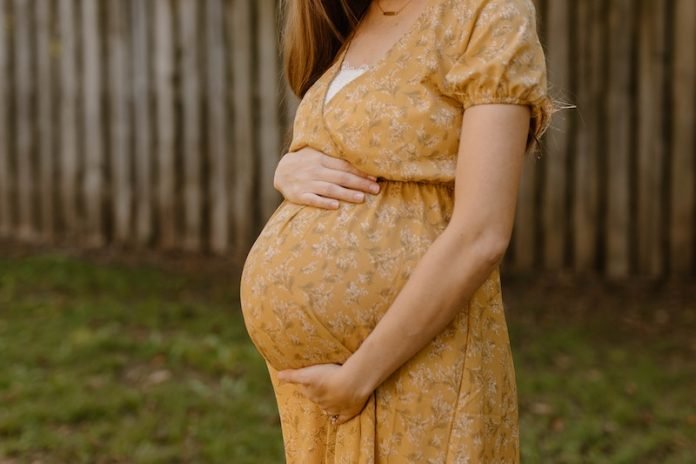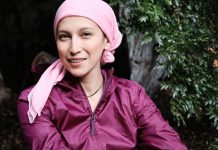
The Mystery of Pregnancy and Breast Cancer
Breast cancer is one of the most common cancers in women. While we know some things that can increase the risk, like family history and age, there’s still a lot we don’t understand.
For years, scientists have been puzzled about why the age at which a woman has her first child might change her chances of getting breast cancer later in life.
Now, a new study led by Dr. Biancastella Cereser from Imperial College London offers some important clues.
What the Researchers Found
For the first time, the research team looked at healthy breast cells from 29 women, both those who had kids and those who didn’t.
They wanted to see if and how the cells change as women age and go through pregnancy.
They found that healthy breast cells do gather more mutations (changes in the DNA) as women get older. This isn’t usually a big deal because most of these mutations don’t lead to cancer.
However, here’s the twist: women who had their first baby later in life (between ages 35 and 55) showed more and larger groups of these mutated cells. The study suggests that as you get older, there’s more time for your breast cells to pick up mutations. Pregnancy then comes along and makes all these cells grow really fast to get ready for breastfeeding. This could give an advantage to mutated cells that are more likely to turn into cancer, making them grow and spread even faster.
Why Does This Matter?
Studies show that women who have their first child young (under the age of 24) have a lower risk of getting breast cancer later on. But for those who have their first child after 24, the risk starts going up. With every five years you wait, your risk goes up by about 5%. This new research helps to explain why that might be happening.
Dr. Cereser thinks of it like a “double whammy.” Older moms already have more mutated cells just from aging. Then pregnancy makes these cells grow fast, which could lead to a higher risk of breast cancer.
More to Learn
Although this study opens up new doors, there’s still much we don’t know.
For instance, how do things like breastfeeding, the age of your first period, and when you go through menopause play into this? Those are questions that still need answers.
In summary, this research helps us understand why older first-time moms might have a higher breast cancer risk.
It could be a valuable resource for other scientists studying not just breast cancer, but also how healthy tissue changes with age and life events like pregnancy.
If you care about health, please read studies about vitamin D deficiency linked to chronic inflammation, and vitamin D supplements could strongly reduce cancer death.
For more information about health, please see recent studies about new way to halt excessive inflammation, and results showing higher intake of dairy foods linked to higher prostate cancer risk.
The research findings can be found in Nature Communications.
Follow us on Twitter for more articles about this topic.
Copyright © 2023 Knowridge Science Report. All rights reserved.



